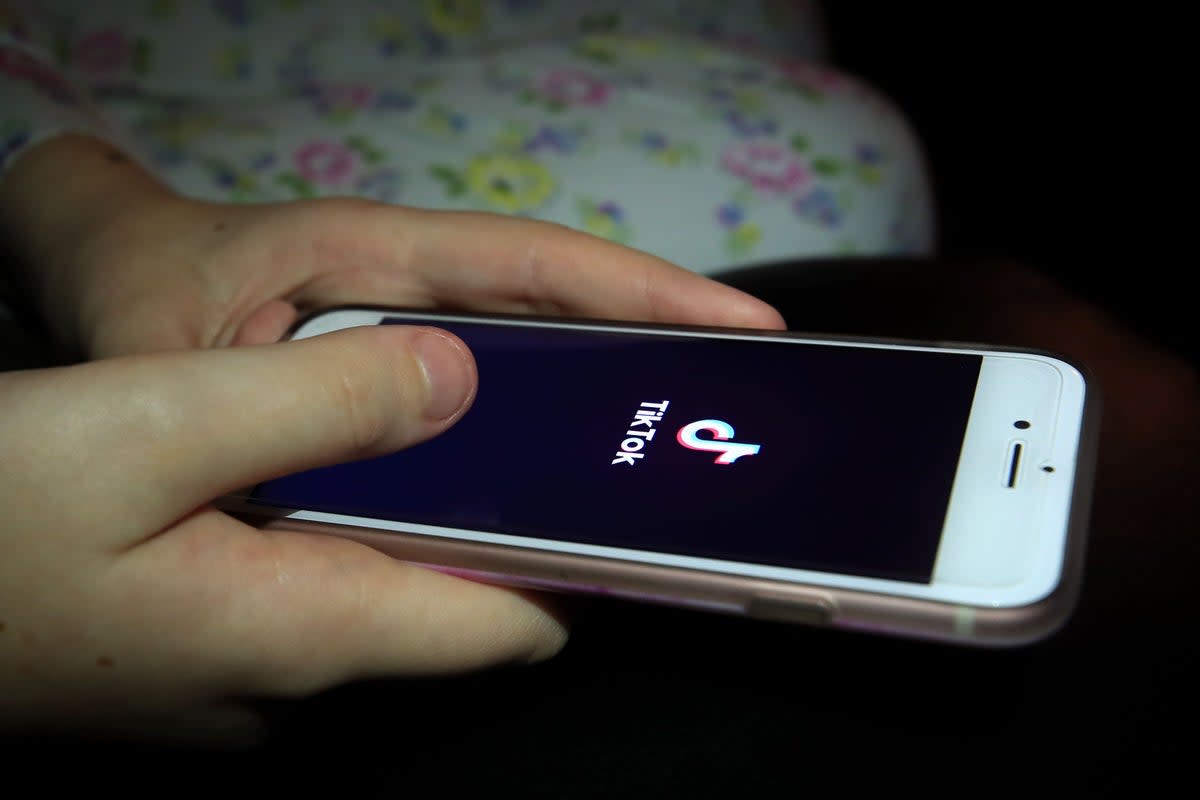TikTok ban: Why more and more countries are putting limits on the app

It is the rare issue on which Donald Trump, the European Commission and Joe Rogan all agree: something must be done about TikTok.
In recent months, there has been increasing discussion of either limiting or completely banning the short-form video app. Though it is one of the most popular apps ever, politiciers across the world have argued that it has a dark side, and that it is much more dangerous than it appears.
Those concerns relate largely to security and privacy. Opponents argue that TikTok is using its access to people’s phones to gather personal information on them, which could eventually prove useful to the Chinese government.
TikTok itself has always denied that users’ data is not being protected, or that it is a data-gathering operation on behalf of the Chinese government.
But that has not stopped organisations including the US federal government and the European Commission from banning the app. Both have forbidden employees from installing it, warning that it could be putting the data of users – and the safety of their citizens – at risk.
What are the concerns about TikTok?
Last year, Joe Rogan took an unusual step on his podcast: reading out, at length, the terms and conditions of an app. He noted that TikTok’s rules allowed it to take “certainmration about the device you use to access the platform”, including what phones was being used to access TikTok and where from.
The amount of data being collected was vast, as he pointed out, though almost all popular social media apps have very expansive terms and conditions that allow them to gather up data. But TikTok has come into particular criticism in part because of its ownership.
TikTok is owned by Chinese company Bytedance. That means it is a potential threat in at least two ways: that people surveilled by the Chinese government, but it also could grow larger than western competitors such as Instagram and Twitter.
It has proven difficult to tease those two things apart. While politicians have focused on the former, the latter is surely part of the worry too.
Where has the app been banned?
Recent bans have been introduced across the US and Europe. Last year, the federal government in the US banned the app from government-issue devices, and most states have followed – then, this week, the European Commission did the same.
There has also been official advice that has stopped short of a ban but has discouraged the use he app. The Dutch government reported to be advising officials not to use the app, and some British politicians have voiced the same worries.
All of them have cited security concerns. Most of the bans have been justified not by security issues that already exist, but by potential ones: the European Commission said the ban was undertaken “to protect the Commission against cybersecurity threats and actions which may be exploited for cyberattacks against the corporate environment of the commission”, for instance.
Could a more complete ban really happen?
At least now, in the US and Europe, any bans have only covered those who work for government and other political bodies – and they have not expanded beyond that. But they could do.
Donald Trump looked very keen on banning the app as his term drew to a close in 2020, for instance. In the end the app continued to work, and the legal proceedings were brought to a close when Donald Trump left office at the start of 2021, but the app came very near to getting outlawed.
And it has happened, for instance, in India, where the government completely banned the app in 2020. After clashes between India and China over disputed territory, the government completely banned TikTok and 58 other Chinese-created apps.
It has remained banned there ever since. And the country has found alternatives: Instagram Reels was first launched in India, and has proven very popular there, in lieu of TikTok.
What has TikTok said?
The company has repeatedly denied that it users data differently from other social media apps. And it has
When the European Commission’s ban was announced, for instance, it said it was “disappointed with this decision, which we believe to be misguided and based on fundamental misconceptions”.
“We have contacted the Commission to set the record straight and explain how we protect the data of the 125 million people across the EU who come to TikTok every month. We’re continuing to enhance our approach to data security, including by establishing three data centres in Europe to store user data locally; further reducing employee access to data; and minimising data flows outside of Europe.”
In a blog post published a week ago, TikTok’s general manager of European operations Rich Waterworth said the company would be working on “keeping our European community and their data safe and secure, particularly in the context of new regulation”. That would include, for instance, minimising the amount of European user data that leaves the region.
Its public response in the US has been much the same. There, too, it has suggested that it functions much the same as other social media apps and stressed that it is looking to add new restrictions that would ensure data stays local.

